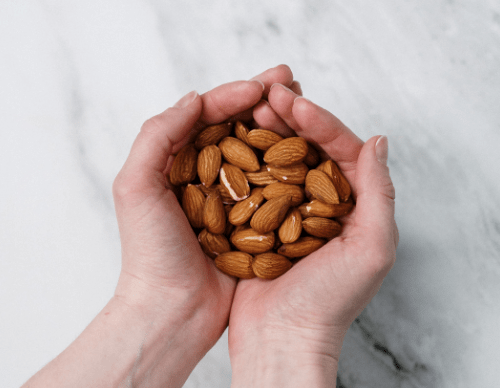Gaining muscle can be a very difficult process. You must wonder about what can be a good gym diet plan for muscle gain. Here are some pointers that can be considered while figuring out what should and shouldn’t be consumed.
So, What Is A Good Gym Diet Plan For Muscle Gain? There are many factors that contribute to the difficulty of gaining muscle, such as genetics and workout regimen. However, there is one factor that plays a huge role in whether or not you gain muscle: your diet plan. Foods like soybeans, tofu, eggs, salmon, beans, chickpeas, and quinoa can elevate your existing diet. You can use these to develop your own recipes and make them as per your taste preferences. This will help you conserve the taste which won’t make it feel like much of a diet.
In order to build up those muscles you have been wanting for so long, it’s important to follow an effective gym diet plan that will help you pack on those pounds of pure lean mass. It is also important to know which foods will cause more harm than good. Foods that are deep-fried and have added sugar and beverages like alcohol and carbonated drinks can restrict your progress at the gym and also cause additional harm to your body in the long run.
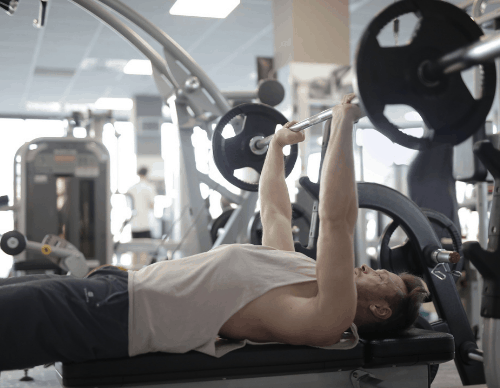
Table of Contents
Muscle Gain Nutrition Guideline
- Calories – 16-20 × body weight in pounds
- Protein – 0.8-1 gram per pound of bodyweight
- Fats – 0.3-0.5gram per pound of bodyweight
- Fiber – 10-15g per 1000kcal – Min = 20g
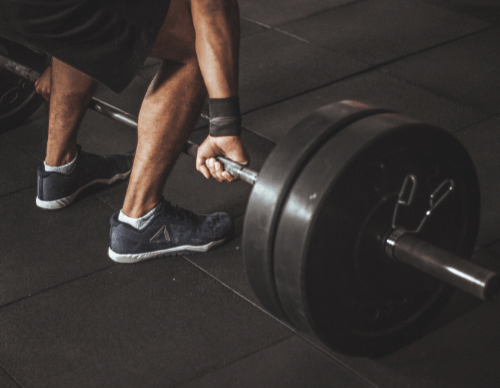
Food Items To Add And Avoid
| Food To Consume | Food To Avoid |
| Soybeans | Cookies |
| Cottage Cheese | Doughnuts |
| Milk | Alcohol |
| Quinoa | Sugary Beverages |
| Peanuts | French Fries |
| Almonds | High-fat meats |
| Eggs | Carbonated Beverages |
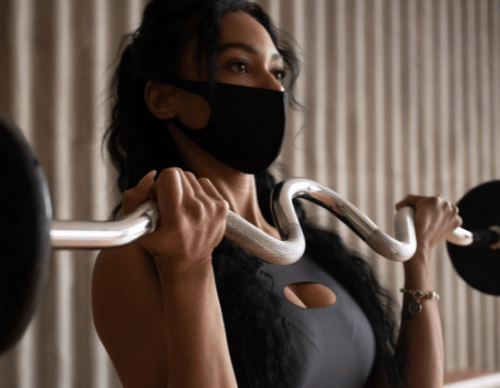
Bodybuilding Basics
Bodybuilding is very different from powerlifting or Olympic lifting, where a competitor is judged by his physical appearance rather than their physical strength. For which bodybuilders aspire to develop a lean, muscular physique that is well balanced. Starting with an off-season and followed by an in-season way of eating, which is also referred to as bulking and cutting phase. Bulking phase can last from months to years, in which a bodybuilder eats high-calorie protein-rich food, and lifts heavyweights with the goal of building as many muscles as possible.
The cutting phase is more about losing as many fats as possible while maintaining the muscle mass developed during the bulking phase, this is only achievable with a change in diet and exercise routine which extends over 12-24 weeks.
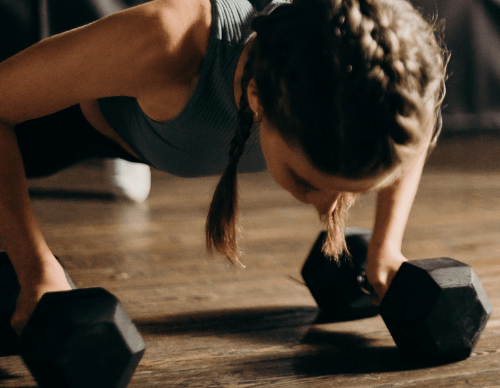
Foods to Eat and Avoid
Alongside training and exercise, diet plays a vital role in bodybuilding. Consuming the correct food in the correct quantity helps the muscles obtain the nutrients that they require to recover from the training and workouts, which helps them gain strength and grow bigger in size. On the other hand, eating the wrong kinds or not eating enough of the right kinds of foods will give you subpar outcomes.
Below are some foods which need more attention and some which are to be limited;
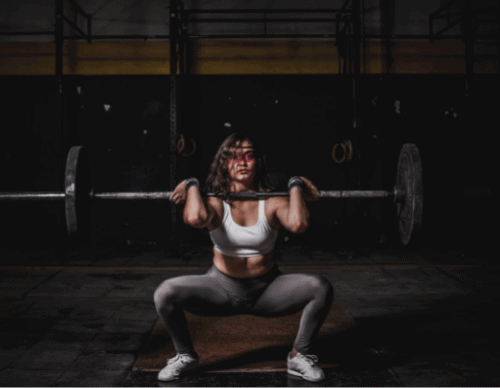
Foods which need more attention: –
The only difference in food between the bulking and the cutting phase is the quantity consumed.
Foods that you should be consuming more are fish, meats, and poultry like; cod, salmon, tilapia, ground beef, venison, sirloin steak, pork tenderloin, and chicken breast. Some other food groups to include in your diet are; Fruits, dairy, veggies, starchy veggies, grains, seeds and nuts, beans and legumes, and oils.
Some examples for the above are;
Fruits like peaches, pears, watermelon, bananas, grapes, oranges, berries, and apples
Dairy products like cheese, cottage cheese, low-fat milk, and yogurt.
Veggies like spinach, asparagus, broccoli, leafy greens, cucumber, peppers, zucchini, tomatoes, mushrooms, and green beans.
Starchy veggies like green lima beans, corn, cassava green peas, potatoes.
Grains like oatmeal, rice, quinoa, bread, crackers, popcorn, and cereal
Seeds and nuts like walnuts, chia seeds, almonds, sunflower seeds, and flax seeds.
Beans and legumes like pinto beans, lentils, black beans, chickpeas, and kidney beans
Oils like flaxseed oil, avocado oil, and olive oil
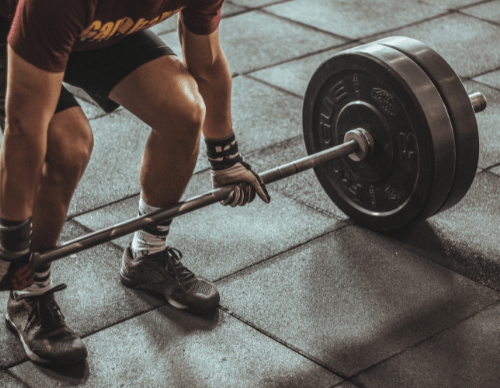
Foods That Should Have A Limited Intake: –
You should definitely have a balanced diet filled with a vast variety of foods. But there are some food groups which need to be limited. Foods like;
- Deep-fried foods – foods like chicken strips, cheese curds, French fries, onion rings, etc cause inflammation in the body. And this over a prolonged period of time takes the form of various diseases. These foods hence need to be consumed within a limit.
- Foods that have added sugar – Foods like sweet drinks and beverages, cakes, cookies, ice creams, doughnuts, sodas, and energy drinks have added sugar in them. Sugar has a very low amount of nutrients while having a lot of calories.
- Alcohol – Excessive consumption of alcohol interferes with the body’s ability to lose weight or build muscle mass.
- Foods with a high fiber content – Cruciferous, beans, and some veggies like cauliflower and broccoli.
- Carbonated drinks and beverages – sodas and sparkling water
- Foods with a high-fat content – Heavy creams and sauces, buttery food, meats with high-fat content.
Most of the above-mentioned foods will not only slow down your progress at the gym, but it will also cause stomach issues like indigestion or slow down the rate of digestion which will upset your stomach while working out and training.
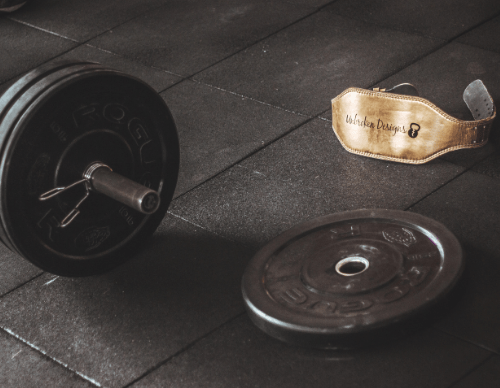
15 Foods That Help You Build Lean Muscle
Cottage Cheese
Cottage cheese, just like every other dairy product, is available in different variants – low fat, high fat, etc. Every variant of cottage cheese has various types of nutrients which will help you enhance your workouts, especially the ones like creamed cottage cheese which has high levels of fat and hence provide more calories. The choice is yours and it completely depends on how many calories you want to consume. 250 grams or a cup of cottage cheese contains lots of amino acid leucine which helps in muscle building and it also contains 32 grams of protein.
Soybeans
94 grams of soybeans, which is around half a cup, holds various types of vitamins, healthy unsaturated fats, minerals, and about 17 grams of protein. They are an excellent source of phosphorus, vitamin K, and iron. Iron is an essential nutrient to maintain a healthy body. It helps to transport and store oxygen in the muscles and blood. If a deficiency of iron occurs then these functions may weaken, or in some cases get severely damaged. Iron deficiency is more common in women for they lose blood every month during menstruation.
Greek Yogurt
With a high content of slow-digesting casein protein and fast-digesting whey protein, dairy is a great source of protein. Consumption of these two types of protein together has proven to be helpful for boosting lean mass in the body. Just like most foods, the properties of dairy are not uniform throughout. Greek yogurt contains nearly twice the amount of protein as compared to regular yogurt. Consuming greek yogurt as a post-workout or a pre-bedtime snack has shown amazing results.
Eggs
Eggs are one of the most potent sources of a variety of nutrients like choline, protein, vitamin B, healthy fats, etc. Vitamin B is crucial for a healthy body and is an important part of the production of energy. Eggs have a high quantity of amino acid leucine, which are the building blocks of protein, which when consumed help in gaining muscle mass.
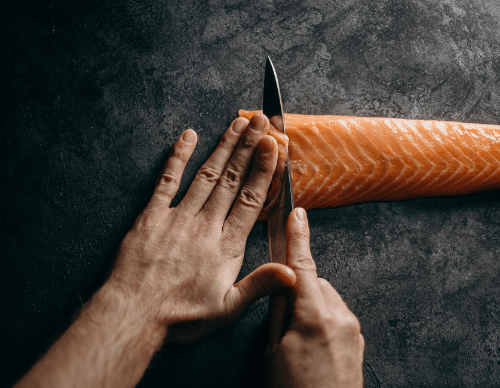
Salmon
Another food that is great for building muscles is salmon. Not just that, it also helps the body to maintain its overall health. 90 grams of salmon comprises a variety of nutrients including vitamin B, 3 grams of omega-3 fatty acids, and 19 grams of protein. Omega-3 fatty acids contribute largely to the health of the muscles and help in gaining muscles while exercising.
Beans
A variety of beans can be used in a diet targeted towards gaining muscles. Some examples of the kinds of beans that can be beneficial for muscle gains are kidney beans, black beans, pinto beans, etc. They are not only a great source of vitamin B and magnesium, iron, phosphorus, and fiber, but they also contain about 17 grams for every 150 grams (when cooked). They are one of the best ways to get some plant-based protein into your diet which will help maintain your overall health in the long run.
Milk
Milk offers a concoction of fats, proteins, and carbs. Just like all other dairy products, milk has a mixture of both slow-digesting and fast-digesting proteins, which helps in muscle gain. When milk is paired alongside weight training, it has proven to be helpful in gaining muscle mass.
Quinoa
To build lean muscles one needs the energy to be active and the most important source of energy is carbohydrates. Quinoa comprises about 50 grams of carbs every 200 grams. It also has 10 grams of proteins and 7 grams of fiber. Along with these, quinoa is also a rich source of phosphorus and magnesium. These are essential for smooth nerve functions and muscle movement.
Chickpeas
The more common name for garbanzo beans is chickpeas, which has shown to be an amazing source of protein and carbohydrates. 250 grams of beans comprises 13 grams of fiber and 57 grams of carbohydrates. It also contains 16 grams of protein, although it is said to be of inferior quality as compared to animal sources of protein. Even so, chickpeas can be a great source of protein for building lean muscle.
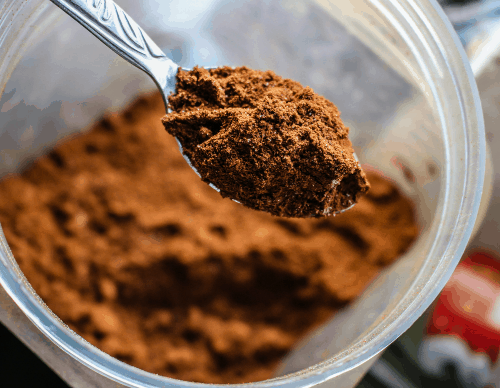
Protein Powders
Although our main focus should be on consuming whole foods, occasional consumption of additional supplements has proven to be helpful in some cases. For someone who struggles to get enough protein in a day can resort to consuming protein powders. There are a variety of protein powders available which use various sources of protein like; pea, chicken, beef, or soy. Although these are good sources of protein, the most popular are dairy proteins like casein and whey.
Brown Rice
200 grams of cooked brown rice consists of carbs which act as a fuel or energy source for our activities including exercises. It also consists of 7 to 8 grams of protein. This can work as a great pre-workout meal for it can provide you with a lot of energy helping you to work out harder and longer, which will promote muscle growth. According to various research studies, rice protein is as effective as whey protein in terms of muscle gain.
Tofu
Tofu rose to its popularity along with the rise of veganism and vegetarianism. It is considered to be one of the most potent and high-quality sources of plant-based protein. It is derived from soy milk and is one of the most popular substitutes for meat. 130 grams of tofu consists of 2 grams of carbs, 6 grams of fat, and 10 grams of protein. It is rich in calcium which boosts bone and muscle health.
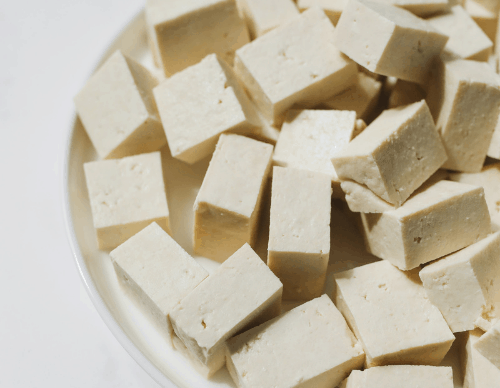
Peanuts
Nuts, in general, are considered to be a great way to get some extra nutrition into the body which contributes towards a balanced and healthy diet. 85 grams of peanuts can provide you with 17 grams of carbs and 19 grams of protein alongside heavy quantities of unsaturated fats. They are also quite rich in the amino acid leucine. Every serving of peanuts (about 80 to 85 grams) comprises 437 calories. This makes it a great snack food for anyone who is unable to meet their calorie goals which help in muscle gain.
Buckwheat
67 grams of buckwheat flour is full of fiber, carbs, and around pf 9 to 10 grams of protein. It is great to be used as a substitute or accompanied with regular flours. It is full of nutrients such as b vitamins, phosphorus, magnesium, manganese, and other minerals that help in the overall health of the body and boost stamina to perform muscle-building activities and exercises. These have caused it to rise to popularity.
Almonds
167 grams of blanched almonds consists of a huge amount of vitamin E, magnesium, and about 14 grams of protein. It is also a rich source of phosphorus, which helps our body in the process of using fats and carbs as an energy source during exercises and also while at rest. Almonds, being high in calories, are advised to be consumed with caution and temperance. Consuming half a cup of almonds would mean consuming 380 to 420 calories.
